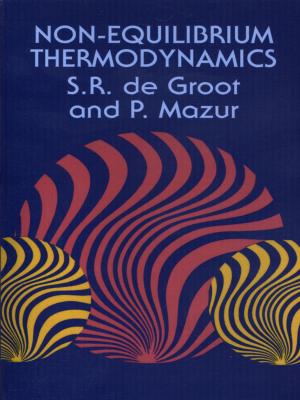| Author: | Samuel Butler | ISBN: | 9780486111070 |
| Publisher: | Dover Publications | Publication: | April 26, 2012 |
| Imprint: | Dover Publications | Language: | English |
| Author: | Samuel Butler |
| ISBN: | 9780486111070 |
| Publisher: | Dover Publications |
| Publication: | April 26, 2012 |
| Imprint: | Dover Publications |
| Language: | English |
In a faraway land, a traveler encounters a peculiar, topsy-turvy society in which sickness is a punishable crime and crime is an illness for which criminals receive compassionate medical treatment. The English church is ridiculed as a "musical bank," which deals with a currency nobody believes in but which everyone pretends to value. University instructors teach courses on how to take a long time to say nothing, and machines are banned for fear they will evolve and be the masters of man.
First published in 1872, Erewhon (an anagram for "nowhere") is perhaps the most brilliant example of Utopian novels, taking aim at the humbug, hypocrisy, and absurdities surrounding such hallowed institutions as family, church, mechanical progress, advances in scientific theory, and legal systems.
Intelligent, inventive, and wickedly humorous, the classic novel protests the blind acceptance of ideas and attitudes, an aspect of Samuel Butler's work that made his fiction enduring, entertaining, and thought-provoking. His remarkable prescience in anticipating future sociological trends adds a special relevance for today's readers.
In a faraway land, a traveler encounters a peculiar, topsy-turvy society in which sickness is a punishable crime and crime is an illness for which criminals receive compassionate medical treatment. The English church is ridiculed as a "musical bank," which deals with a currency nobody believes in but which everyone pretends to value. University instructors teach courses on how to take a long time to say nothing, and machines are banned for fear they will evolve and be the masters of man.
First published in 1872, Erewhon (an anagram for "nowhere") is perhaps the most brilliant example of Utopian novels, taking aim at the humbug, hypocrisy, and absurdities surrounding such hallowed institutions as family, church, mechanical progress, advances in scientific theory, and legal systems.
Intelligent, inventive, and wickedly humorous, the classic novel protests the blind acceptance of ideas and attitudes, an aspect of Samuel Butler's work that made his fiction enduring, entertaining, and thought-provoking. His remarkable prescience in anticipating future sociological trends adds a special relevance for today's readers.















